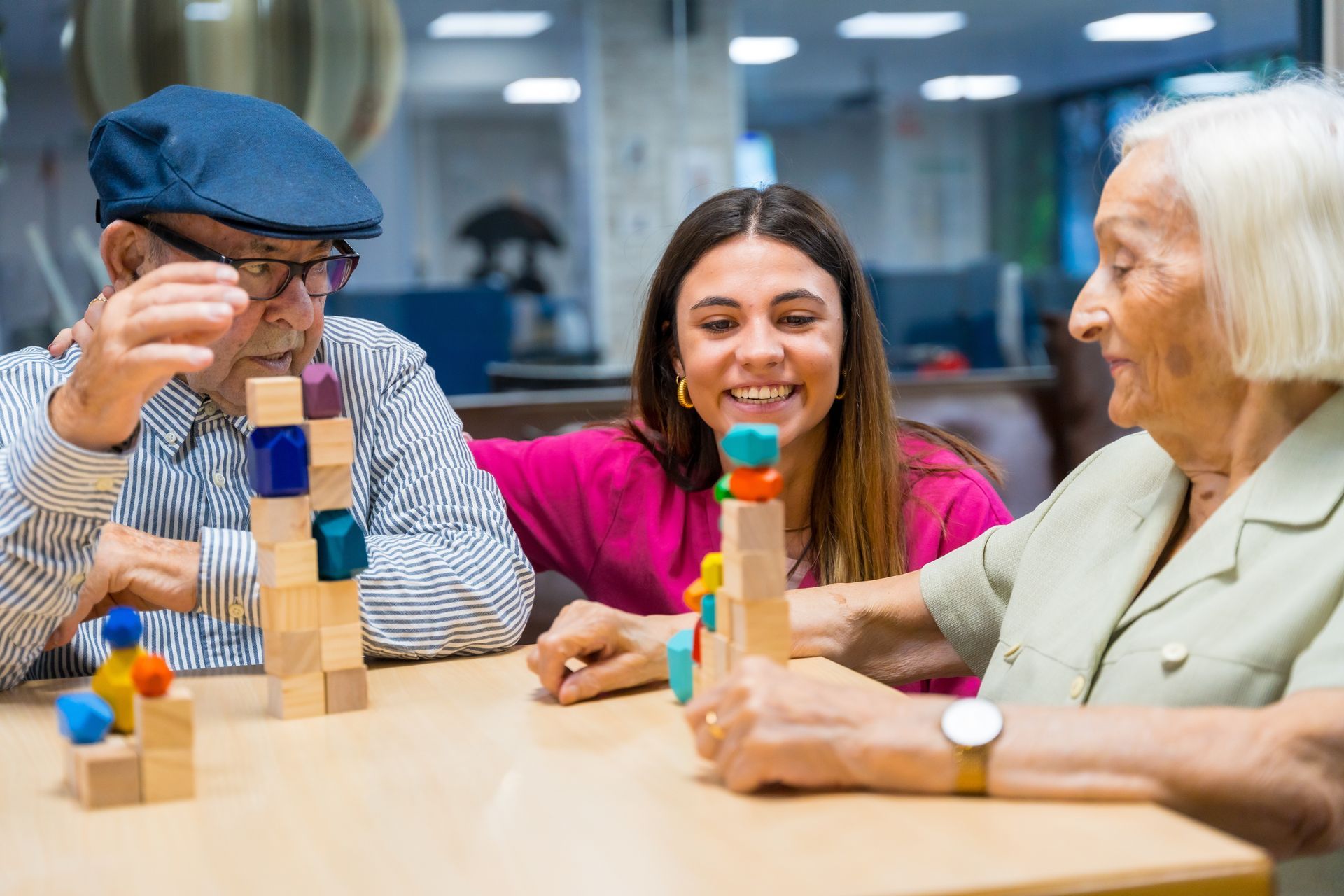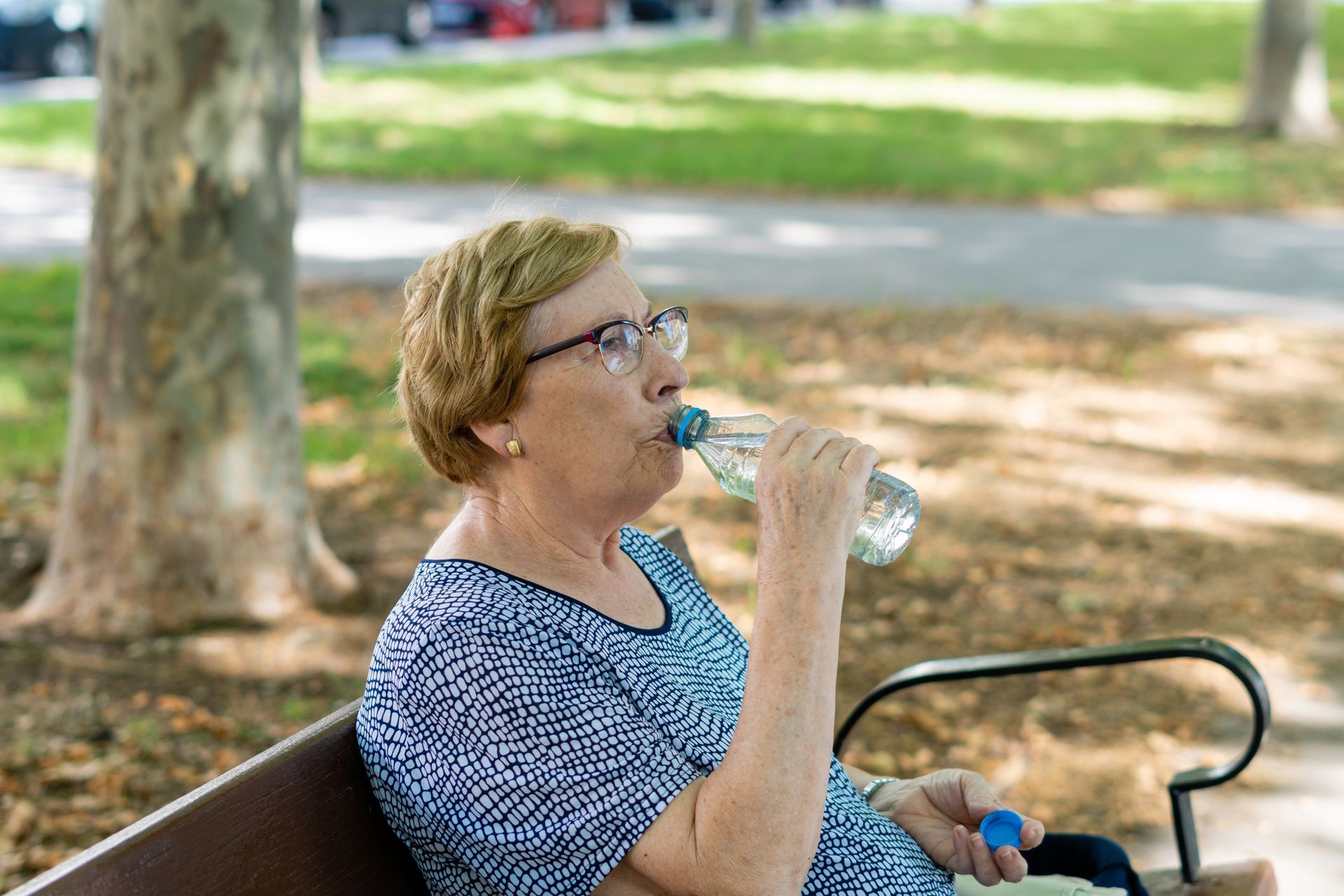BLOG
Effective Anxiety Management Strategies After Brain Injury
A brain injury experience can significantly disrupt an individual's emotional equilibrium, often leading to heightened anxiety levels. This is particularly prevalent among seniors, who may already be coping with age-related challenges. Anxiety post-brain injury can impede recovery, diminish quality of life, and strain relationships with caregivers and family members. Implementing effective anxiety management strategies is crucial to enhancing emotional well-being and supporting the overall rehabilitation process.
Understanding the multifaceted nature of anxiety following a brain injury is essential for developing comprehensive management plans. Recognizing these underlying causes enables caregivers and healthcare professionals to tailor interventions that address specific needs.
Recognizing the Signs of Anxiety After Brain Injury
Identifying anxiety in seniors post-brain injury requires careful observation, as symptoms may manifest differently compared to the general population. Common indicators include excessive worry, restlessness, irritability, and physical symptoms such as increased heart rate or sweating.
Cognitive changes resulting from brain injury can further complicate the presentation of anxiety, making it essential to distinguish between injury-related symptoms and anxiety manifestations. Early detection of these signs is vital for timely intervention and effective management.
Behavioral changes, such as avoidance of social interactions or reluctance to engage in rehabilitation activities, may also signal underlying anxiety. Seniors might exhibit increased dependency on caregivers or express fears disproportionate to actual situations.
Monitoring for these behavioral cues can aid in identifying anxiety, even when individuals have difficulty articulating their emotional state. Caregivers should maintain open communication channels to encourage the expression of feelings and concerns.

Physical symptoms like muscle tension, headaches, or gastrointestinal disturbances are often associated with anxiety but may be overlooked, especially in seniors with multiple health issues. Regular health assessments can help differentiate anxiety-related physical symptoms from other medical conditions.
Collaborating with healthcare providers to conduct comprehensive evaluations ensures a holistic understanding of the individual's health status. This approach facilitates the development of targeted anxiety management strategies.
It's important to recognize that anxiety can exacerbate cognitive impairments resulting from brain injury, creating a cyclical effect that hinders recovery. For instance, increased anxiety may impair concentration and memory, which are already compromised due to the injury.
Cognitive-Behavioral Techniques for Anxiety Management
Cognitive-behavioral therapy (CBT) is a well-established method for managing anxiety, focusing on altering negative thought patterns and behaviors. In seniors recovering from brain injuries, CBT can be adapted to accommodate cognitive limitations, ensuring accessibility and effectiveness.
Techniques such as cognitive restructuring help individuals challenge and modify irrational fears, fostering a more balanced perspective. Regular practice of these techniques can lead to significant reductions in anxiety levels over time.
Another component of CBT is behavioral activation, which encourages meaningful activities to counteract anxiety and depression. For seniors, this might include participating in social events, pursuing hobbies, or engaging in light physical exercise.
The structured scheduling of these activities can alleviate anxiety by providing a sense of purpose and accomplishment. Caregivers play a crucial role in facilitating and motivating participation in such activities.
Relaxation training, including techniques like deep breathing exercises and progressive muscle relaxation, is integral to CBT for anxiety management. These methods help reduce physiological arousal associated with anxiety, promoting a state of calmness.
Regular practice enables individuals to employ these techniques independently when confronted with anxiety-provoking situations. Incorporating relaxation training into daily routines can enhance overall emotional resilience.
Often integrated into CBT, mindfulness-based strategies teach individuals to focus on the present moment without judgment. This practice can help seniors disengage from ruminative thoughts that fuel anxiety.
The Role of Professional Support in Anxiety Management
Professional support is essential in addressing the complex needs of seniors recovering from brain injuries. Licensed therapists and counselors offer evidence-based techniques to help manage anxiety effectively. These professionals can guide individuals through therapeutic interventions such as CBT, mindfulness, or stress management strategies. Regular sessions with a therapist can provide a safe space for seniors to express their concerns and fears.
Occupational therapists play a critical role in helping individuals regain independence and confidence. They assess functional abilities and design tailored activities that align with the individual’s capabilities and goals.
Caregiver training is another key component of professional support. Educating caregivers on how to recognize and address anxiety symptoms ensures more effective day-to-day management. Trained caregivers can implement therapeutic strategies, facilitate social engagement, and monitor progress. Their involvement is invaluable in creating a stable, supportive environment for seniors.
Psychiatrists and other medical professionals oversee pharmacological treatments and monitor overall mental health. They can collaborate with other specialists to adjust treatment plans as needed. Regular evaluations ensure that the individual’s needs are consistently met. This multidisciplinary approach maximizes the effectiveness of anxiety management efforts.
Leveraging Rehabilitation Services for Anxiety Management
Rehabilitation services are integral to addressing the physical, cognitive, and emotional challenges associated with brain injuries. These programs often include specialized therapies that promote recovery and reduce anxiety.
Physical therapy helps individuals regain mobility, which can alleviate anxiety related to physical limitations. The sense of progress achieved through physical therapy can boost morale and confidence.

Speech therapy is another valuable component of anxiety management and rehabilitation for seniors who experience communication challenges pafter an injury Improved communication skills reduce frustration and enhance social interactions, lowering anxiety levels and improving quality of life. Speech therapy also strengthens cognitive abilities that the injury may have impacted.
Cognitive rehabilitation focuses on improving memory, attention, and problem-solving skills, which can significantly reduce anxiety. Enhanced cognitive functioning empowers seniors to manage daily tasks more independently.
Rehabilitation programs also allow seniors to interact with peers facing similar challenges. Shared experiences foster a sense of community and mutual understanding. These connections can help reduce the stigma associated with brain injuries and create a supportive environment. Peer interactions within rehabilitation programs can be a powerful tool in combating anxiety.
Creating a Supportive Environment for Recovery
A calm and structured environment is essential for seniors recovering from brain injuries and managing anxiety. Predictable daily routines provide stability and reduce uncertainty, which can trigger anxiety. Organizing activities and mealtimes consistently helps seniors feel secure and supported. This structure promotes a sense of normalcy and routine in their lives.
Environmental modifications can also enhance comfort and minimize stressors. Reducing noise levels, ensuring adequate lighting, and creating a clutter-free space can improve focus and reduce anxiety. Personalizing living spaces with familiar items like photos or favorite belongings adds a comforting touch. These modifications create a more soothing and reassuring atmosphere.
Open communication between seniors and their caregivers is critical for addressing emotional needs. Caregivers should regularly check in to understand how the individual is feeling and what they need. Active listening and empathetic responses can help seniors feel valued and understood. Open communication fosters trust and strengthens the caregiver-patient relationship.
Involving family members in recovery can also provide emotional reassurance and motivation. Family support helps seniors feel connected and less isolated during their recovery journey. Caregivers can facilitate family involvement through regular updates and shared activities. This collaborative approach reinforces a network of care that bolsters emotional well-being.
Support Anxiety Management With Professional Care
Effectively managing anxiety after a brain injury requires a combination of therapeutic interventions, lifestyle adjustments, and professional support. Comprehensive care plans can significantly improve outcomes, from rehabilitation services to caregiver education. Seniors benefit most when their physical, emotional, and social needs are addressed holistically. Recovery is a journey that requires patience, persistence, and a supportive network.
At Assured Senior Living, we understand the challenges faced by seniors recovering from brain injuries. Our expert staff provides compassionate, tailored care to address each individual's unique needs. Contact us today to learn how we can support you or your loved one on the path to recovery.















